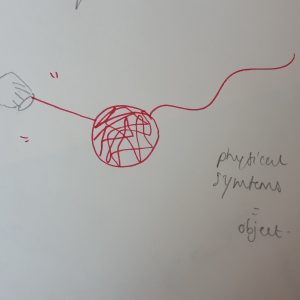
Crohn's Disease
Crohn’s disease is a lifelong condition in which parts of the digestive system become inflamed. It’s one type of a condition called inflammatory bowel disease (IBD).
Read more about Crohn's Disease
Crohn’s Disease is a condition that causes inflammation of the digestive system (also known as the gastrointestinal tract or gut). Inflammation is the body’s reaction to injury or irritation, and can cause redness, swelling and pain.
Crohn’s can affect any part of the gut, but is most likely to develop in the ileum (the last part of the small intestine) or the colon. The areas of inflammation are often patchy, with sections of normal gut in between. It causes ulceration and inflammation, which affects the body’s ability to digest food, absorb nutrients, and eliminate waste in a healthy way.
Crohn’s is sometimes described as a chronic condition. This means that it is ongoing and life-long, although people may have periods of good health (remission) as well as times when symptoms are more active (relapses or flare-ups).
Crohn’s is a very individual condition, and some people may remain well for a long time, even for many years, while others may have more frequent flare-ups.
The most common symptoms during a flareup are:
- Abdominal pain and diarrhoea: Sometimes mucus, pus or blood is mixed with the diarrhoea.
- Tiredness and fatigue: This can be due to the illness itself, from the weight loss associated with flare-ups or surgery, from anaemia or due to a lack of sleep.
- Feeling generally unwell: Some people may have a raised temperature and feel feverish.
- Mouth ulcers
- Loss of appetite and weight loss: Weight loss can also be due to the body not absorbing nutrients because of the inflammation in the gut.
- Anaemia (a reduced level of red blood cells)
Crohn’s Disease is not infectious. At present there is no cure for Crohn’s, but drugs, and sometimes surgery, can give long periods of relief from symptoms.


